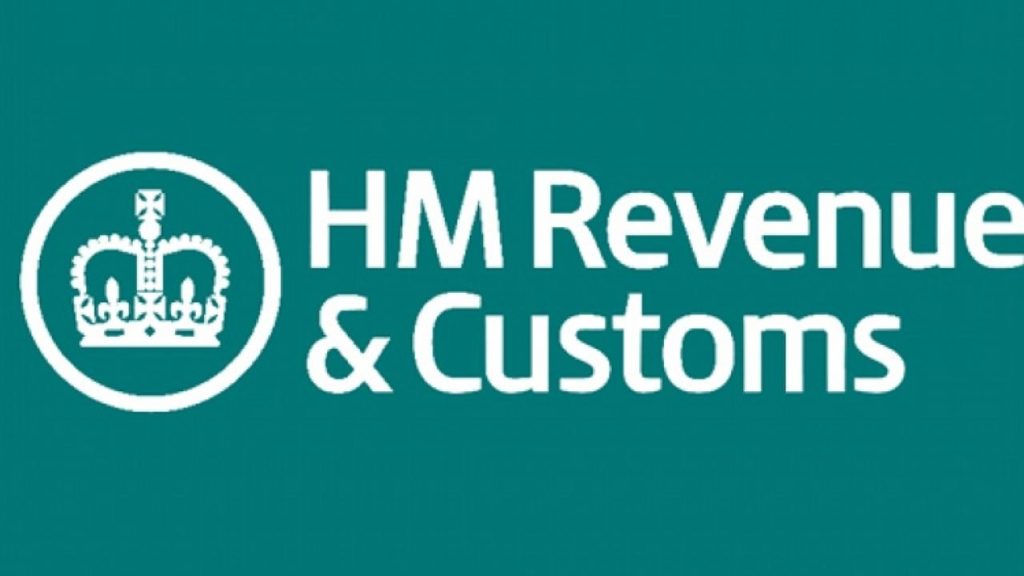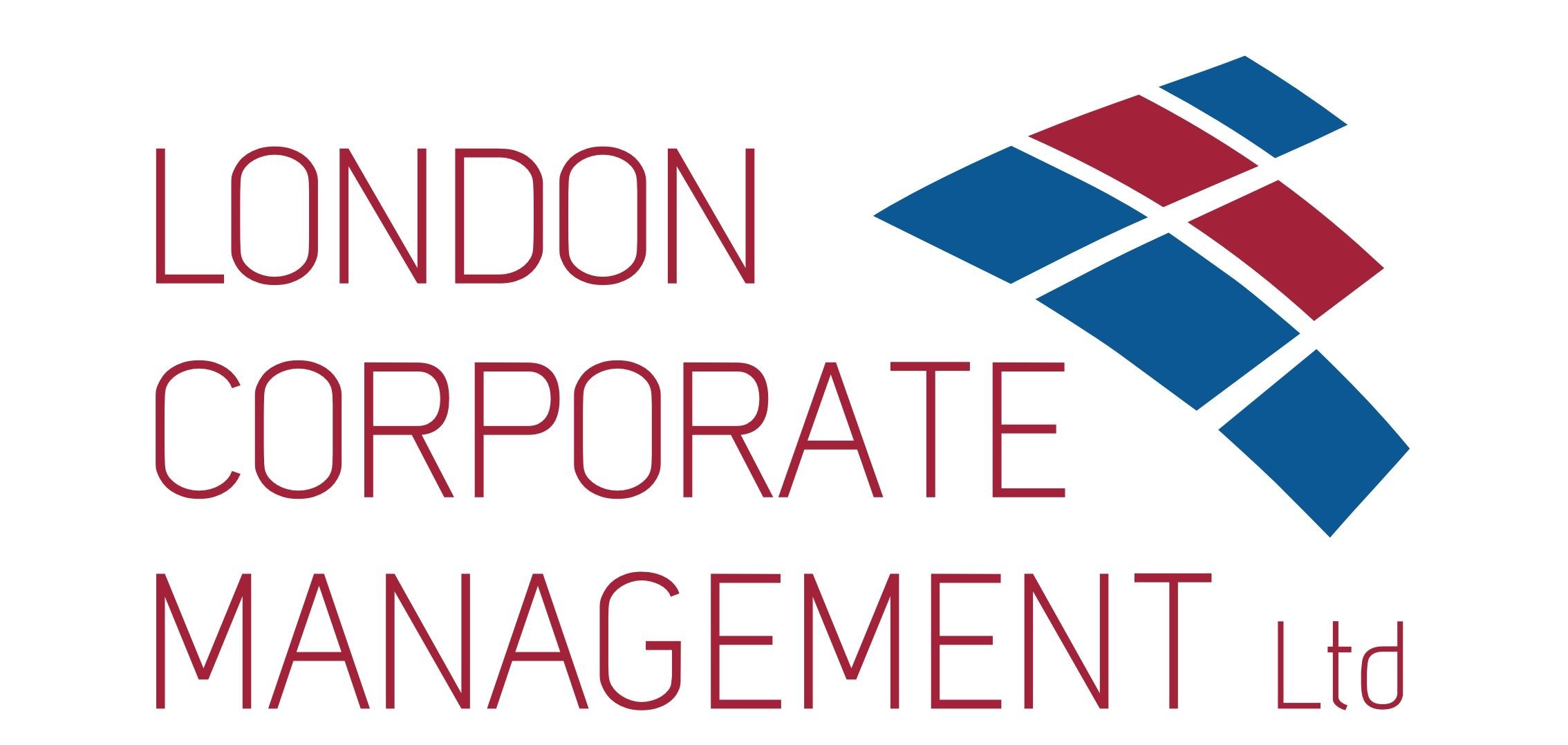HMRC tips to help protect you
HMRC have just released a few top tips to help protect taxpayers. In this weeks article we will be looking at these HMRC’s tips to help protect you online and to help prevent you from being scammed.

Login details
This one should be fairly self-explanatory. However, it seems that taxpayers are quite willing to share their HMRC login details.
Your HMRC login details should be treated in the same way as any of your other login details. Or your online banking details. They should not be shared with anyone, even HMRC over the phone.
Your HMRC login details provide access to your online account. This could give someone access to personal information about you as well as bank details.
With online access, in theory it is possible for someone to change your/your businesses bank details with HMRC to their own, and then claim a tax refund o their own bank account.
HMRC has said that there has been an increase in this type of scam and you may be liable to pay back any tax refund incorrectly claimed.
Phishing scams
They key point here is to never be rushed or intimidated into acting immediately. HMRC will never tell you that you need to act immediately in order to prevent something from happening.
Unfortunately, in recent years there has been a sharp increase in fake emails, messages and calls from people pretending to be HMRC. These scams often say that you are either due a tax refund or that you will be arrested for some kind of tax fraud unless you pay now.
You should never provide your personal or financial details in this way. HMRC will never call you to demand immediate payment to stop your arrest.
If you are told that you are due a tax refund, it is always best to check with your accountant.
You can also check directly with HMRC via the contact details on the GOV.UK website. Do not use any contact details provided by the person contacting you.
Tax refunds
You can claim any tax refund due directly from HMRC, free of charge.
Or you can use a tax agent such as your accountant to claim a tax refund for you. An accountant or tax agent may charge you a small admin fee in order to claim the refund for you.
However, you should be cautious about anyone charging hundreds or even thousands of pounds to assist you with this.
Pension scams
Pension scams are another type of scam which sadly are becoming more popular in recent years.
A pension scam usually works by persuading the victim to transfer some of their pension pot over to the scammer.
They often offer attractive returns for transferring them money & may pretend to be from another pension provider.
Again, you should not be rushed or feel intimidated in to making an immediate transfer.
You should take your time in making any financial decision and do your own research. This should include confirming that any firm you are dealing with are registered with the Financial Conduct Authority.
Call connection services
If you search online, there are call connection services that offer to connect you to HMRC.
However, often these can be expensive.
Whereas, you can call HMRC directly free of charge or charged at the national landline rate. HMRC numbers often start with 0300.
A link to HMRC contact number can be found here via GOV.UK
Tax avoidance schemes
There is an old saying. “If it sounds too good to be true, it probably is”.
If someone proposes a tax avoidance scheme you need to do you own research to make sure it is legal.
HMRC publishes details of schemes they believe should not be used via GOV.UK
We hope that you found this article useful. If you have nay questions please do not hesitate to contact us!
